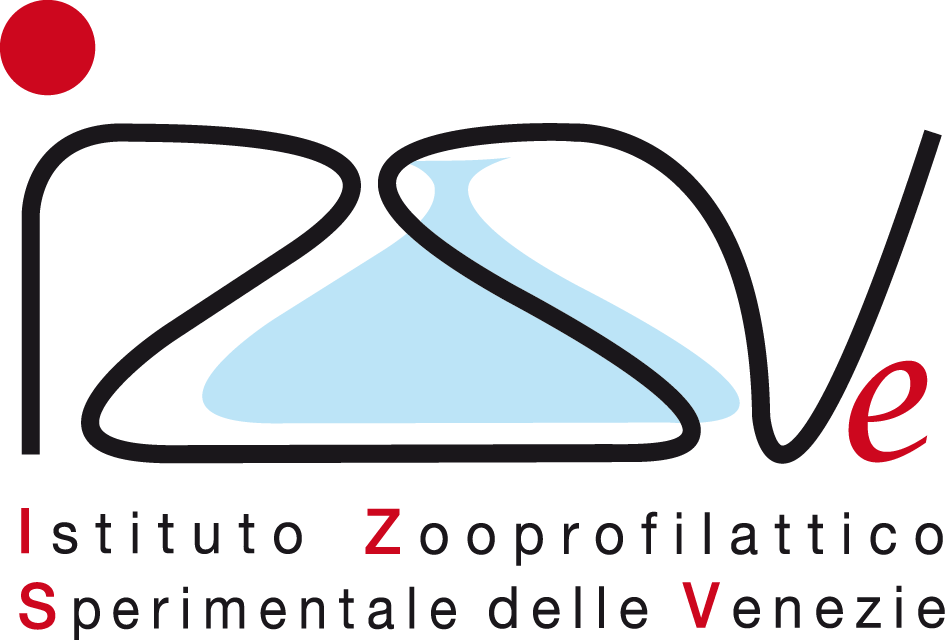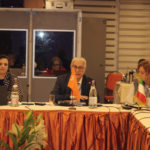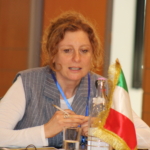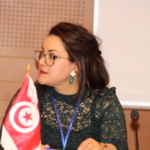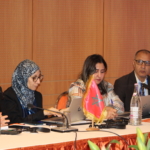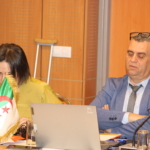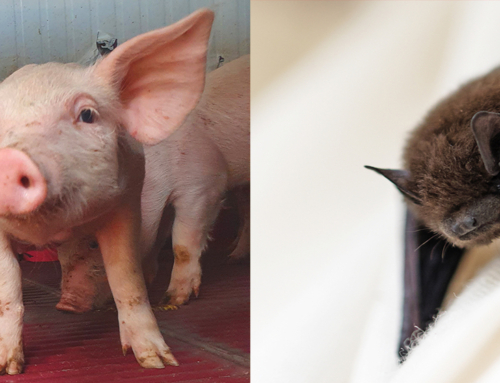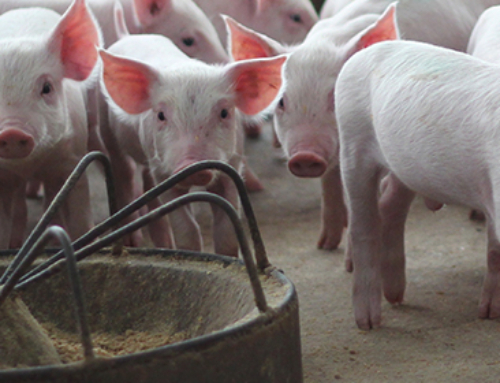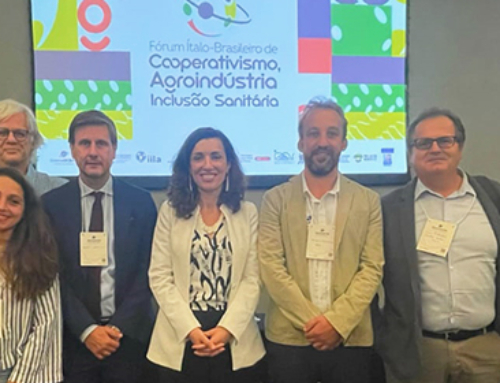On 29 and 30 April 2025, in Tunis, Tunisia, the WOAH Sub-Regional Representation for North Africa hosted the launch workshop of the RabTool project: “Tools for the Implementation of a Harmonised Dog Rabies Control Programme in North Africa”, aimed at supporting rabies control efforts in Algeria, Morocco and Tunisia.
RabTool, funded by the Italian Ministry of Health and implemented by the Istituto Zooprofilattico Sperimentale delle Venezie (IZSVe) – National Reference Centre, WOAH Reference Laboratory and FAO Reference Centre for Rabies with the technical support of the Global Alliance for Rabies Control (GARC), is a three-year project aimed at strengthening the capacities of Algeria, Morocco and Tunisia, beneficiary countries, to achieve the goal of global elimination of rabies by 2030.
The project will work on three pillars:
- updating or developing national strategic plans for the control and prevention of rabies;
- improving the capacity for surveillance, reporting and diagnosis of animal rabies cases to better monitor the progress of the infection;
- promoting regional collaboration and improving communication between stakeholders.
Rabies is endemic in North Africa and despite efforts to control the disease in the dog population, the region still has several rabies-related deaths. Furthermore, the annual count of animal cases in the Middle East and North Africa indicates that 50% of animal cases are from domestic animals and 40% from livestock, usually infected by dogs. It is also estimated that most canine rabies cases occur in suburban and rural areas, where access to human or veterinary health facilities is limited or non-existent.
The launch workshop held in Tunisi provided the opportunity to present the work plan and to involve the beneficiary countries in a participatory process to discuss challenges and opportunities and strengthen regional action to fight rabies, taking into account the specific priorities and support needs of each country to ensure the total self-sustainability of control activities.
The experts provided a detailed presentation of the tools offered by WOAH for the control of rabies, highlighting the key resources and strategies made available to strengthen control efforts. IZSVe researchers shared their experience in the study and control of the disease and led the group work and round tables: the discussions returned a strong commitment from the Ministries of the beneficiary countries and highlighted the importance of a participatory and collaborative regional approach, aimed at improving communication and information sharing between the countries involved.
Kick off meeting – Tunisi, 29-30 aprile 2025
Full Gallery – Flickr WOAH »


